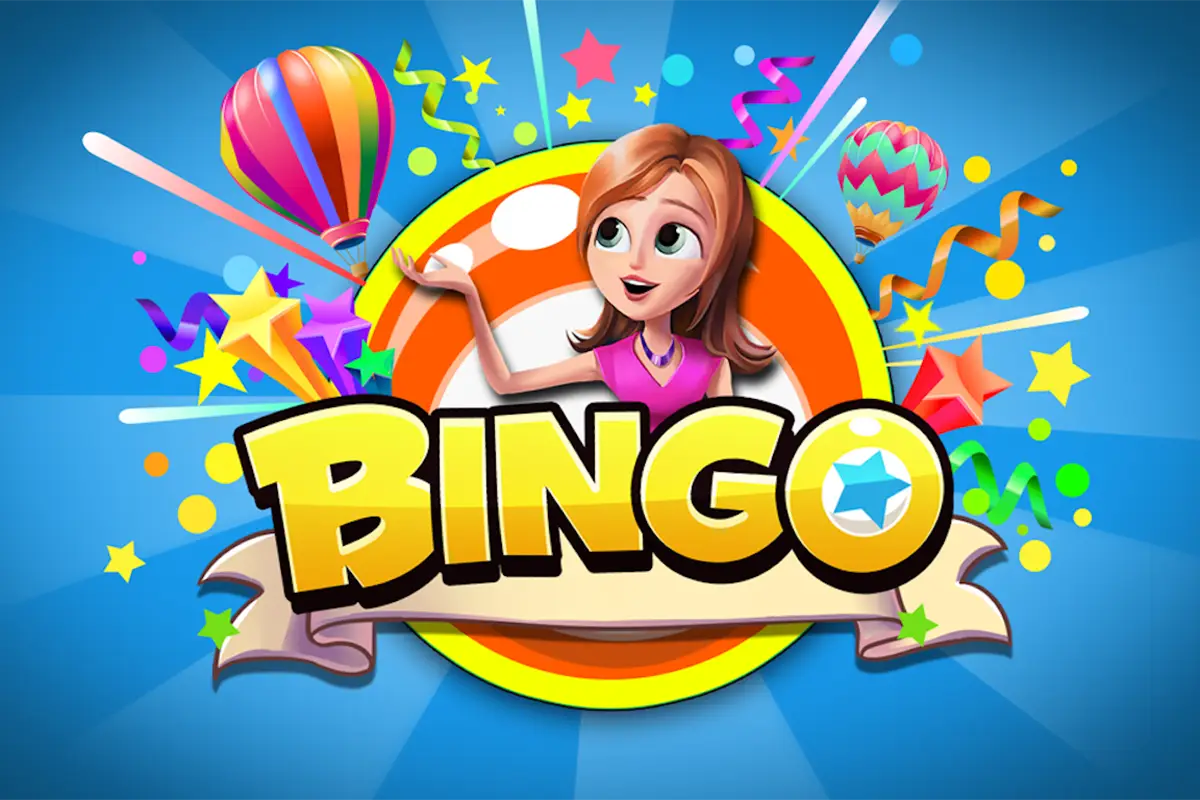The blacklist of casinos is a trust filter in the world of online gambling, where deception hides behind bright graphics and generous bonuses. Such a list serves as a protective tool, separating legal platforms with transparent licenses and fair RTP from those who build the game on manipulations, hidden scripts, and fake payouts. Its significance goes beyond a warning: it is a system that preserves the money, time, and reputation of players choosing an honest path in an industry where luck is valued no less than transparency.
What is a casino blacklist: detailed description
It is a self-defense tool for players against operators who violate the basic principles of fair play. These lists accumulate data on platforms caught in non-payments, odds manipulation, RTP falsification, or fraudulent schemes.
In 2025, the casino fraud blacklist turned into a full-fledged analytical mechanism that takes into account data from checks, user reviews, licenses, and financial transparency. Each entry records a specific case, not just a rumor.
Mechanism of getting into the casino blacklist
Any gaming establishment offering services in the gambling market must adhere to financial and algorithm transparency. When an operator violates these principles, their name quickly ends up on such a list.
Typical reasons for inclusion: refusal to pay, substitution of the random number generator (RNG), use of pirated software, or unauthorized RTP changes.
Independent audit organizations conduct checks — eCOGRA, iTech Labs, GLI. They analyze the fairness of algorithms and licensing documentation. When falsifications are detected, the results are published in open databases.
Signs to identify an unfair platform
What is a casino blacklist from a player’s perspective — a danger signal. To avoid falling into a trap, it is enough to know several characteristic indicators.
Signs indicating risky platforms:
- Lack of a license. Casinos without a license often use fake documents or do not specify the jurisdiction at all.
- Complex verification process. Scammers demand excessive data, violating personal information protection rules.
- RTP manipulations. The interface shows one rate, but the actual player return percentage is 5–10% lower.
- Suspicious providers. Script platforms without connections to well-known brands like NetEnt, Microgaming, Pragmatic Play, or Evolution.
- Inadequate customer support. Template responses, lack of contacts, no solutions accepted.
- Aggressive bonuses with unrealistic wagering requirements. Wagering demands exceeding 100×, making fund withdrawal impossible.
- Reviews with recurring complaints. Players report similar cases — payment delays, account blocks, fake promotions.
Financial traps: deposit, withdrawal, bonuses
The blacklist records cases of unrecovered deposits and blocked winnings withdrawals. Fraudulent schemes often masquerade as “additional data verification” or “payment gateway error.”
Some operators change withdrawal conditions after a deposit, introduce new limits, or require re-verification.
Example: a user deposits $100, activates a bonus with a 60× wagering requirement, wins $300, but receives a refusal — reason being “non-compliance with the active bet rule.”
Software and provider manipulations
Script casinos that do not cooperate with legal providers introduce altered versions of slots. The algorithms of such games reduce the chances of winning, alter RTP, and often disable fair RNG.
Legal providers — NetEnt, Play’n GO, Yggdrasil, Evolution Gaming — offer games only to licensed partners. The absence of original logos or interface discrepancies signals interference.
Role of licenses and checks
A license is the foundation of trust between a player and an operator, confirming that the platform operates according to established standards. Without official permission, it is impossible to guarantee fair payouts and user data protection.
Reliable jurisdictions:
- Malta Gaming Authority (MGA) — European transparency standard;
- UK Gambling Commission — strict audits and player protection;
- Curacao eGaming — popular license in the online segment;
- Gibraltar Regulatory Authority — high market entry threshold.
To check a casino license, the document number is used on the official regulator’s website. Matching data confirms the platform’s legality. Mismatch is a direct reason to add the operator to the list of dishonest sites.
Phishing, fake sites, and deception schemes
In 2025, phishing sites mimicking designs of well-known brands became more active. Scammers create exact copies of domains where players enter card and document details. After a deposit, funds go to third-party accounts, and access to the profile is blocked.
Such resources instantly end up on the blacklist. Authenticity checks of the domain and SSL certificate reduce the risk of data theft. Regular review analysis helps detect such forgeries before depositing funds.
Real statistics and history of lists
According to the Gambling Integrity Association, in 2025, over 430 online platforms were added to international blacklists. Of these, 72% were unlicensed operators, 18% were platforms caught in payment refusals, and 10% were script clones.
The average damage to players from such projects exceeded $12 million.
The list of dishonest sites began in the early 2010s when the online gambling market experienced the first wave of pirate platforms. Today, such lists function as a monitoring system updated daily.
How to protect yourself from fraudulent sites
What is a casino blacklist? It is a result of an operator’s systemic error, but it can be avoided in advance. The prevention principle is simple: document verification, review analysis, and download source checks.
The security algorithm includes:
- license analysis;
- checking RTP indicators on the provider’s site;
- reading independent reviews;
- testing customer support before depositing;
- minimizing personal data during registration.
Each step reduces the risk of interacting with scammers.
Conclusions
What is a casino blacklist? It is a tool for cleaning up the industry. Registries shape a culture of responsibility, reduce the level of fraud, and strengthen trust in legal operators.
Each publication of data on violators becomes a warning, not just a punishment. The gambling market is evolving — along with protection mechanisms.
 en
en  ru
ru  de
de  ar
ar  es
es  nl
nl  hi
hi  fr
fr  it
it  pt
pt  el
el 











